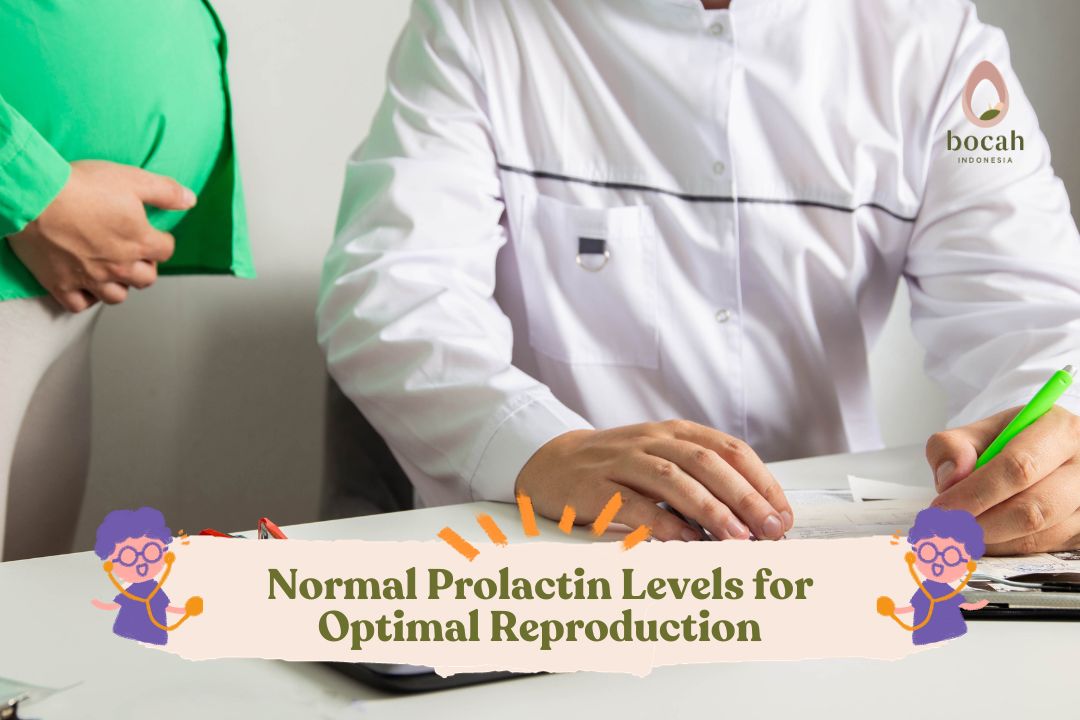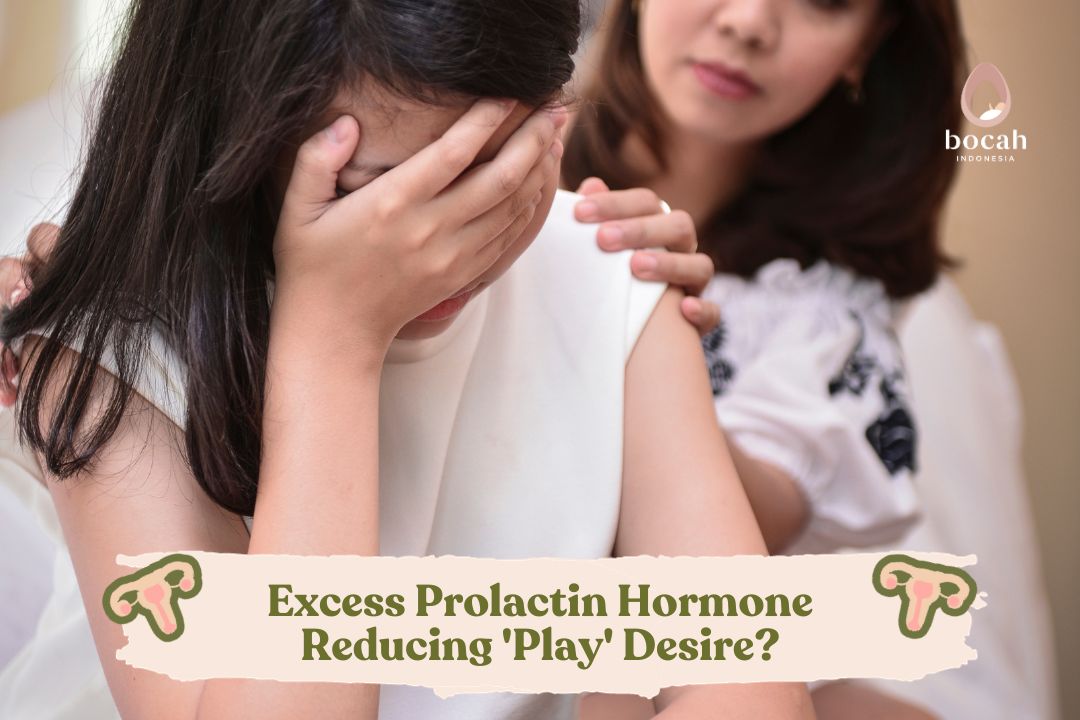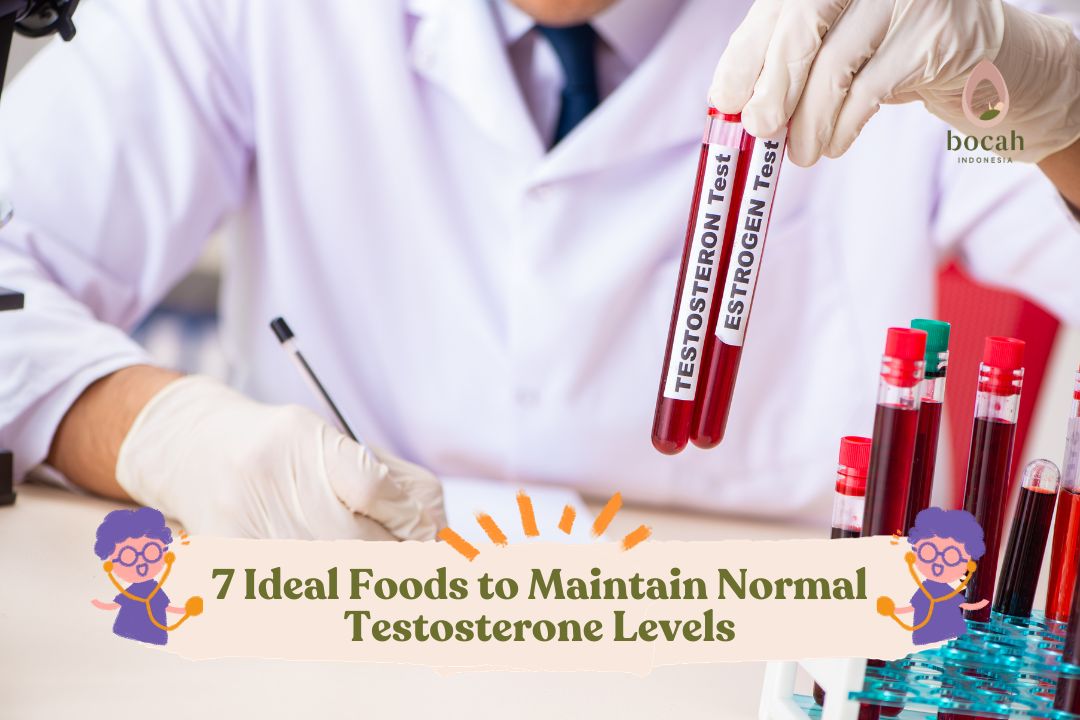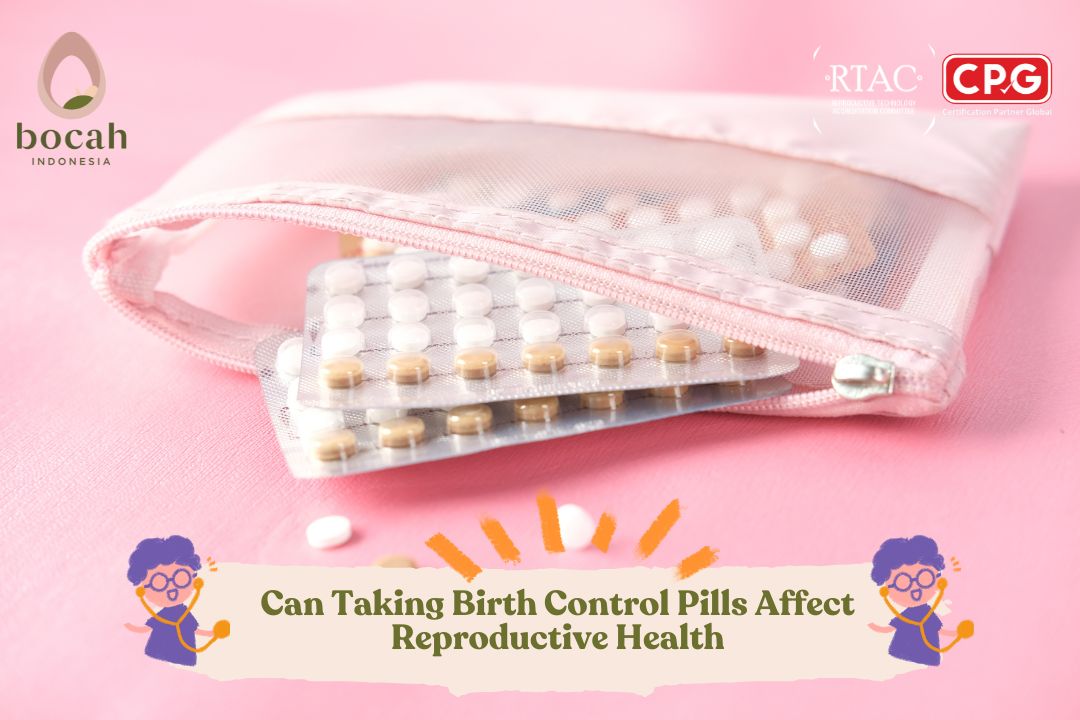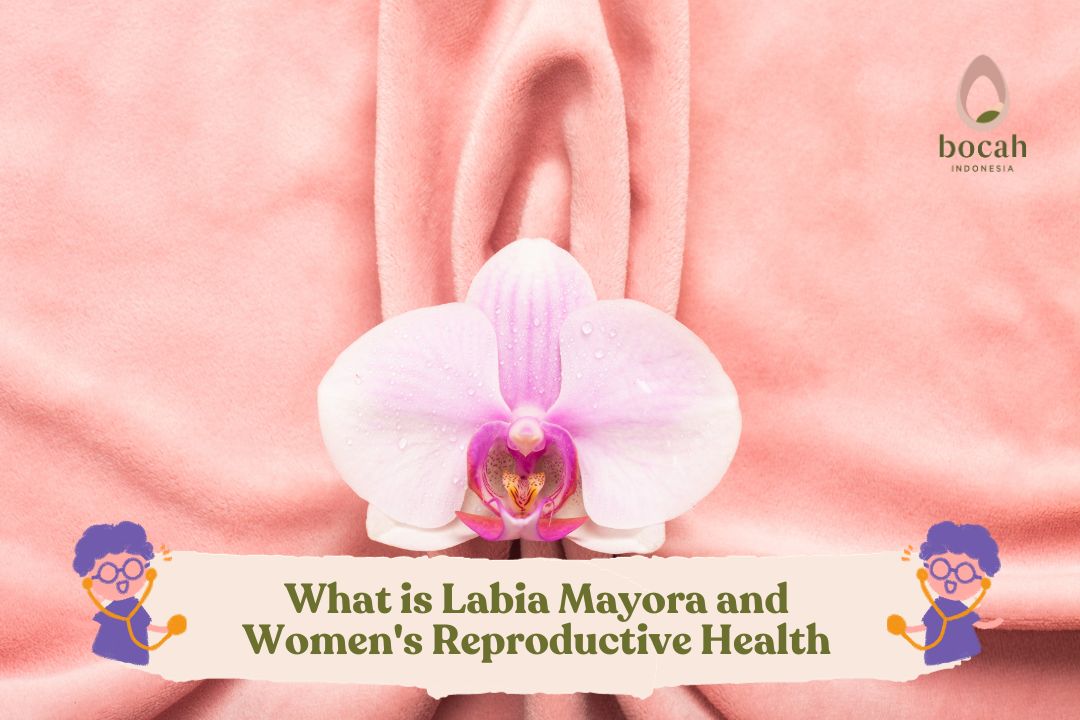High Prolactin Levels Can Disrupt the Reproductive System
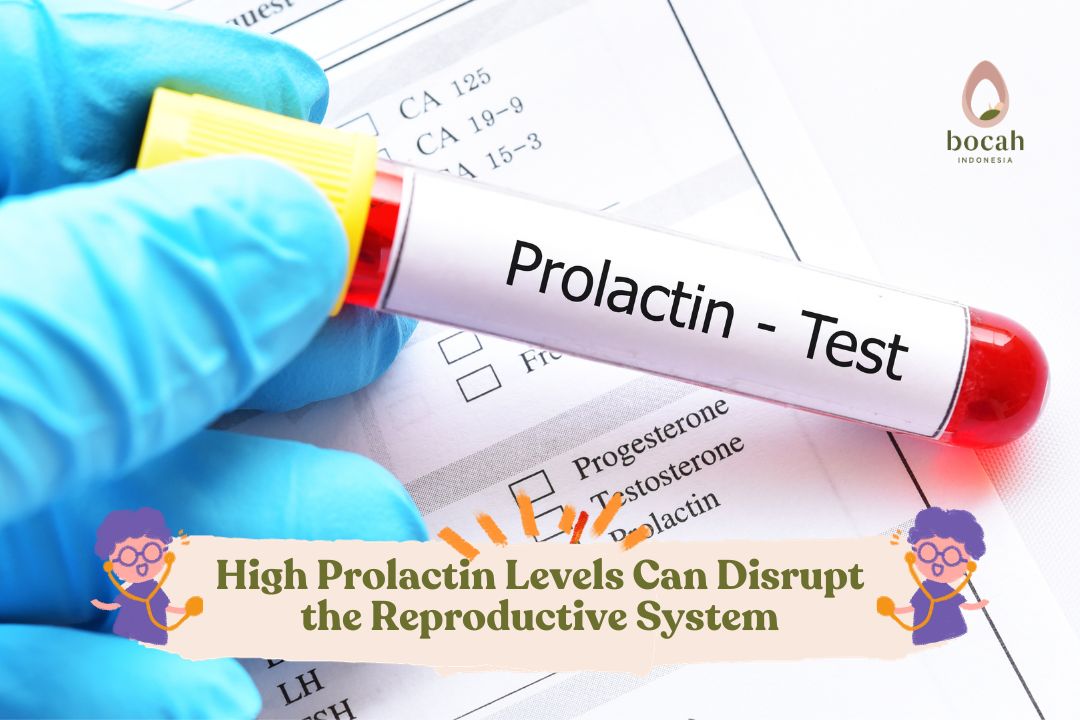
Prolactin hormone plays a role in the reproductive system. Excess prolactin hormone can affect reproductive disorders.
One of the hormones with an important role in the reproductive system is prolactin. Prolactin is a hormone produced in the pituitary gland, located at the base of the brain.
This hormone plays a role in metabolism, immune function, and the reproductive system. It is not only present in women but also in men. If the hormone levels in the body are imbalanced, it can disrupt its functions.
However, if prolactin hormone is excessive, how can you lower prolactin levels?
Signs or Symptoms of High Prolactin
Parents, did you know? It turns out that men and women have different symptoms indicating high prolactin levels. Here are some symptoms of hyperprolactinemia, such as:
Tanya Mincah tentang Promil?
Women: cessation of menstrual cycles, breast pain, decreased sexual desire, breast milk discharge when not pregnant or Galactorrhea, and vaginal dryness.
Men: erectile dysfunction, low testosterone levels, and infertility.
In some cases, hyperprolactinemia is often found without symptoms or only in mild categories, so it is often unnoticed.
How to Lower Prolactin
High levels of prolactin hormone in the body are called hyperprolactinemia. This condition can be managed with the goal of returning prolactin levels to normal. Lowering prolactin depends on the cause, age, and medical history.
Some ways to lower prolactin hormone levels include:
-
Prescription Medications
Lowering prolactin hormone levels can be done with prescription medications like bromocriptine and cabergoline prescribed by a doctor for patients with hyperprolactinemia. Typically, these medications are given in low doses and gradually increased until prolactin levels return to normal.
Cabergoline has fewer side effects compared to bromocriptine. However, it’s important to remember that these medications should be taken based on a doctor’s prescription.
-
Surgery
If the cause of elevated prolactin hormone levels is due to a prolactinoma, the recommended treatment is surgery. However, if surgery is not successful, the patient may receive treatment to shrink the tumor using radiation.
Meanwhile, if high prolactin levels are caused by the use of medications, the doctor may prescribe alternative medications with similar functions and without side effects.
Diagnosis of High Prolactin Levels
High prolactin levels or hyperprolactinemia are determined based on the patient’s medical history and treatment. There are several ways to diagnose high hyperprolactinemia or not.
-
Blood Test
This examination is done to measure hormone levels in the body. If the prolactin level in someone’s body is more than 25 ng/mL in women and more than 20 ng/mL in men, the condition can be considered as having an excess of prolactin.
However, the above levels are reference levels that may differ from the laboratory reference values chosen for the test.
-
MRI
Magnetic Resonance Imaging (MRI) is one of the examination procedures performed to confirm high prolactin levels. Scanning is done on the brain and the pituitary gland that produces prolactin hormone.
Complications of High Prolactin Levels
High prolactin levels caused by prolactinoma can pose a risk of complications. Here are some hyperprolactinemia complications that depend on the tumor or other factors, such as:
-
Bleeding (hemorrhagic stroke)
-
Bone fractures due to osteoporosis
-
Blindness
-
And infertility
So, parents, if you experience any of the above symptoms, please see a doctor promptly. If prolactin levels exceed the normal limits, the doctor will provide the appropriate treatment and care.
Before starting a pregnancy program, hormone levels must be balanced to avoid disrupting their respective roles. Let’s go and visit the nearest fertility clinic!
This article has been medically reviewed by Dr. Chitra Fatimah.
Source:
- Majumdar, A., Mangal, N.S. (2013). Hyperprolactinemia. Journal of Human Reproductive Sciences 6(3): p 168-175, Jul–Sep 2013.
- Matalliotakis, M., et al. (2019). Clinical manifestations, evaluation and management of hyperprolactinemia in adolescent and young girls: a brief review. Acta Biomed. 2019 Jan 23;90(1):149-157.
- Samperi, I., et al. (2019). Hyperprolactinaemia. J Clin Med. 2019 Dec 13;8(12):2203.


